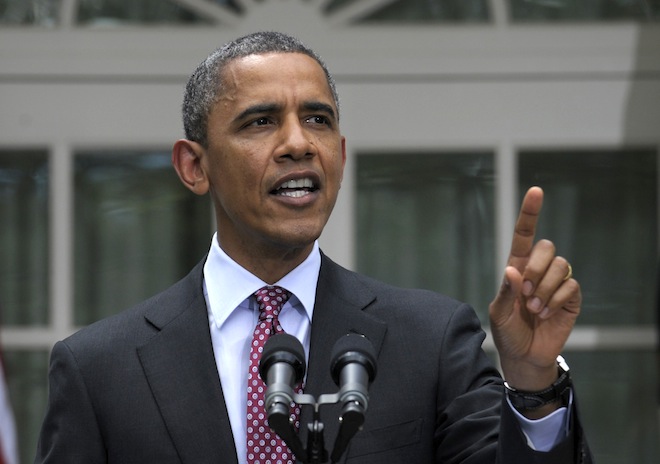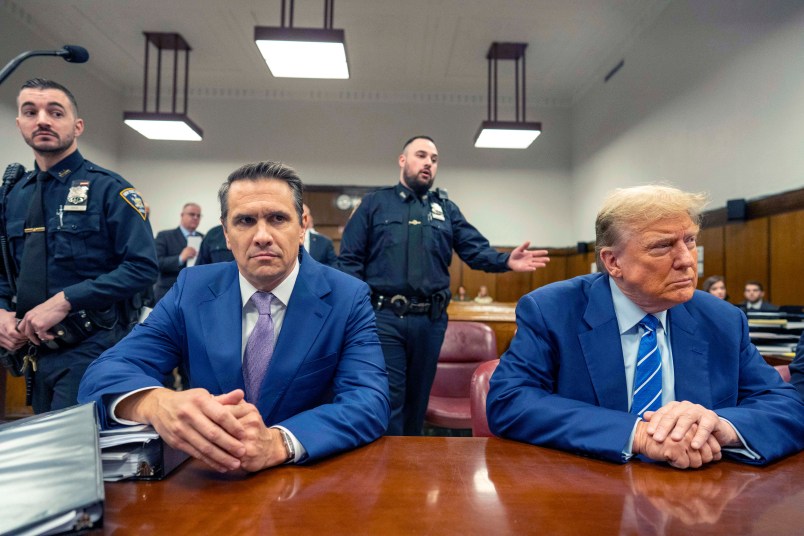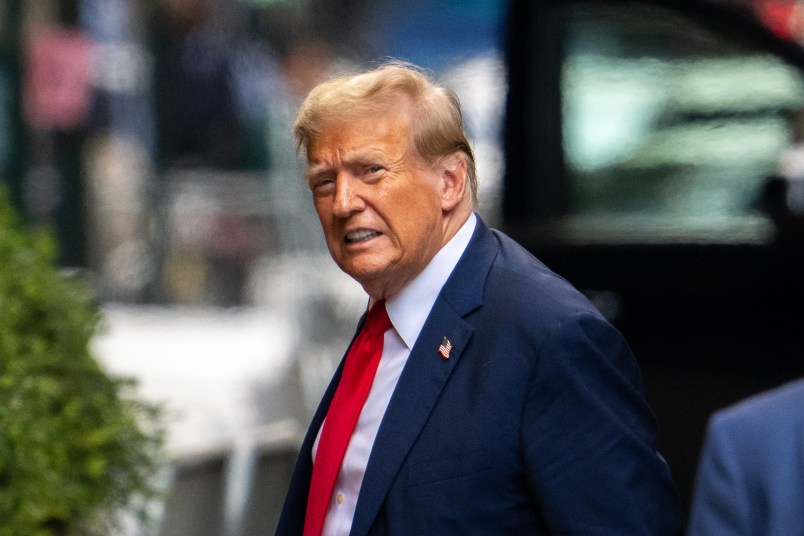WASHINGTON (AP) — President Barack Obama said Saturday he believed the chances for a comprehensive nuclear agreement with Iran are 50/50 or worse, yet defended diplomacy as the best way to prevent Tehran from acquiring atomic weapons.
During a question-and-answer session with a pro-Israel audience, Obama said he wasn’t naive about the odds for a successful final agreement between world powers and Iran next year, building on the recent six-month interim deal.
“If you ask me what is the likelihood that we’re able to arrive at the end state … I wouldn’t say that it’s more than 50-50,” Obama said. “But we have to try.”
The president’s remark was somewhat startling. Obama has tried to allay the fears of many Israelis and some Americans that his administration last month promised to ease economic pressure too much in return for too few Iranian concessions.
The comment nevertheless pointed to the difficult talks that await as the U.S. and its negotiating partners — Britain, China, France, Germany and Russia — work toward a final pact next year. The goal is to eliminate the possibility of Iran assembling a nuclear arsenal, even if any deal might let Iran continue enriching uranium at lower levels not easily convertible into weapons-grade material.
Obama said the six-month interim agreement halts and rolls back central elements of Iran’s nuclear program, compelling Tehran to eliminate higher-enriched uranium stockpiles, stop adding new centrifuges and cease work at a heavy water reactor that potentially could produce plutonium. It also provides time to see if the crisis can be averted through negotiation.
“What we do have to test is the possibility we can resolve this issue diplomatically,” Obama said.
“If at the end of six months it turns out we can’t make a deal,” Obama said, “we are no worse off.” U.S. sanctions against Iran will be fully reinstated and even tightened if Iran fails to uphold the agreement, he pledged.
Obama’s appearance at the Brookings Institution forum appeared directed as much at an Israeli audience as an American one. The discussion was broadcast live on Israeli television, with analysts there viewing it as an effort to patch over Obama’s public differences with Israeli Prime Minister Benjamin Netanyahu.
Netanyahu, who was scheduled to address the same forum Sunday, has called the nuclear agreement in Geneva the “deal of the century” for Iran. In an appearance Friday, his foreign minister, Avigdor Lieberman, repeated Israel’s objections.
Obama acknowledged some “significant tactical disagreements” with Netanyahu, but said U.S. and Israeli bottom-line goals were the same.
Secretary of State John Kerry promised close consultation on next steps with the Jewish state, which includes a visit to Washington this coming week by Yossi Cohen, Netanyahu’s national security adviser.
“We will not allow Iran to acquire a nuclear weapon — period — not now and not ever,” Kerry said, according to his prepared remarks. “I am convinced that we have taken a strong first step that has made the world and Israel safer.”
Beyond Israel, Sunni Arab countries have expressed concerns about what America’s Iran engagement might mean for the balance of power in the region with Shiite-dominate Iran. Saudi Arabian officials even have talked about their own potential nuclear ambitions.
Echoing Obama’s effort to reach out to concerned allies, Defense Secretary Chuck Hagel renewed a U.S. push for the sale of missile defense technology and other weapons systems to U.S.-friendly Gulf nations to counter the threat of Iranian ballistic missiles.
In a speech Saturday in Bahrain, Hagel made clear that any final deal on Iran’s nuclear program wouldn’t end the threat posed by a country the U.S. considers the world’s leading state sponsor of terrorism.
On Mideast peace hopes, Obama echoed an optimistic assessment provided by Kerry during a trip to Israel and the Palestinian territories this past week.
The president said his administration had spent much time working with Netanyahu to understand Israel’s security needs as part of any two-state solution.
“I think it is possible over the next several months to arrive at a framework that does not address every single detail but gets us to the point where everybody recognizes it’s better to move forward than move backward,” Obama said.
Still, he said tough decisions await both sides, including the Palestinians’ understanding that a transition period will be necessary so no situation arises similar to Hamas’ takeover of the Gaza Strip after Israel’s 2005 military pullout.
“The Israeli people can’t expect a replica of Gaza in the West Bank,” Obama said. “That is unacceptable.”
___
Associated Press writer Lolita C. Baldor in Manama, Bahrain, contributed to this report.
Copyright 2013 The Associated Press. All rights reserved. This material may not be published, broadcast, rewritten or redistributed.










